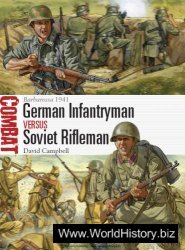To equip a knight was costly: not only did he have his armor and his weapons (sword, lance, mace, and sometimes crossbow), but he needed more than one horse in case the first one was hurt in battle. He also needed a group of servants to assist him, along with food for his horses, his servants, and himself—not to mention years of freedom from other responsibilities in order to train for warfare. Not even a king could afford to support more than a few knights; for this, he had to depend on the nobles within his kingdom.
In early medieval times, all wealth was based on land ownership, and the king owned all the land. Below the king were feudal lords, or nobles, who were allowed to maintain estates on the king's land as long as they supplied him with a certain amount of knights to defend the kingdom. The estate was called a fief (FEEF), a word that, like feudal, is related to "fee." The nobles would in turn give knights title to small fiefs of their own, along with the authority to tax those who lived on the land.
The lowest-ranking people in feudal society were the serfs, or peasants, by far the largest group. They were the ones who worked the land, growing food—most of which they turned over to the lords—and paying taxes, which helped maintain knights. There were gradations of rank within the peasantry, with certain types of peasants who acted as foremen over other peasants, but they were all so far below the royalty and nobility that it hardly mattered. In return for their labors, they received protection from outside attack, itself a very real danger in the Middle Ages; but they also tied themselves and future generations to a life only slightly better than slavery.
In the medieval world, this arrangement did not seem unfair. People saw feudalism, if they considered it at all, as a system of mutual obligations in which everyone had a place— even the church. Lords provided their local church and monastery with pro-

This illustration of Duke Rollo of Normandy shows an example of chain mail armor.
Reproduced by permission of the Corbis Corporation.
Tection; in return, priests and monks, who had great influence over the peasantry, supported the nobility and the king.




 World History
World History









